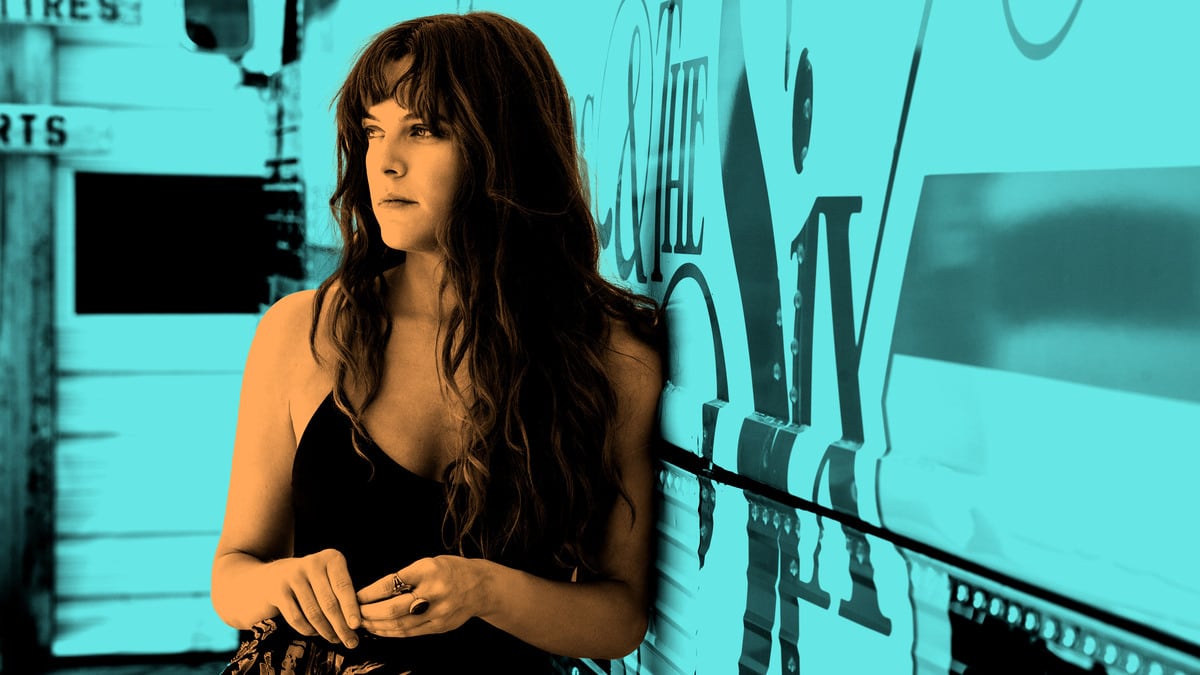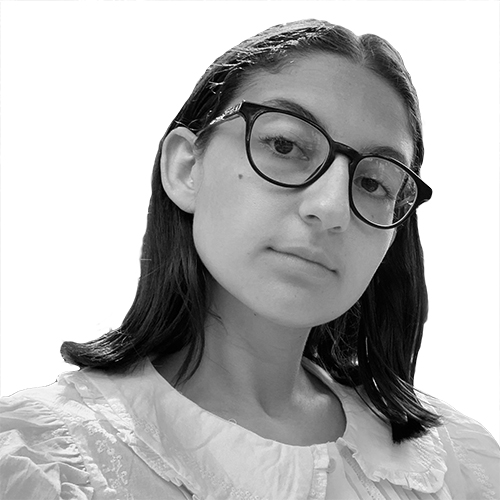‘Daisy Jones’ Star Riley Keough Is Finally Having the Moment Her Talent Deserves
NEPO SUPERSTAR
Keough is earning raves for playing a Stevie Nicks-inspired rocker in “Daisy Jones & The Six.” For fans who have been following her for years, this moment was a long time coming.

Trending Now





